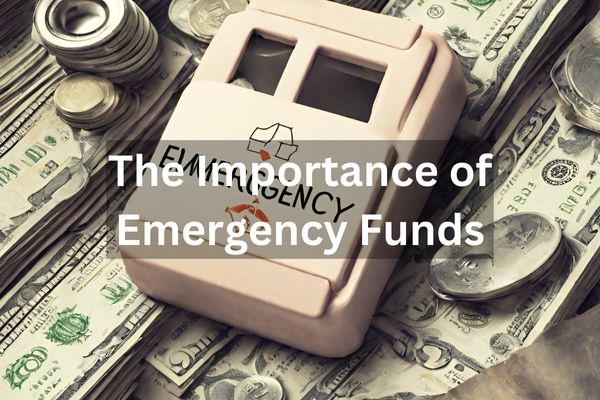In today’s unpredictable world, having an emergency fund is more important than ever. An emergency fund acts as a financial safety net, providing you with a buffer against unexpected expenses such as medical bills, car repairs, or job loss. Despite its importance, many people overlook the need for an emergency fund, leaving themselves vulnerable to financial hardship in times of crisis. In this article, we’ll explore the significance of emergency funds and provide you with practical tips on how to build one.
Why You Need an Emergency Fund
An emergency fund serves as a financial safety net, allowing you to cover unexpected expenses without resorting to high-interest debt or draining your savings.
How to Build an Emergency Fund
Building an emergency fund requires discipline and commitment, but the peace of mind it provides is well worth the effort. Here are some steps to help you get started:
1. Set a Goal
Determine how much you need to save for your emergency fund. Aim to save at least three to six months’ worth of living expenses to cover essential costs such as housing, food, and utilities.
2. Create a Budget
Review your monthly income and expenses to identify areas where you can cut back and save. Allocate a portion of your income each month to contribute to your emergency fund.
To learn more about smart ways to save money and budget effectively, check out our blog post on saving money made simple.




